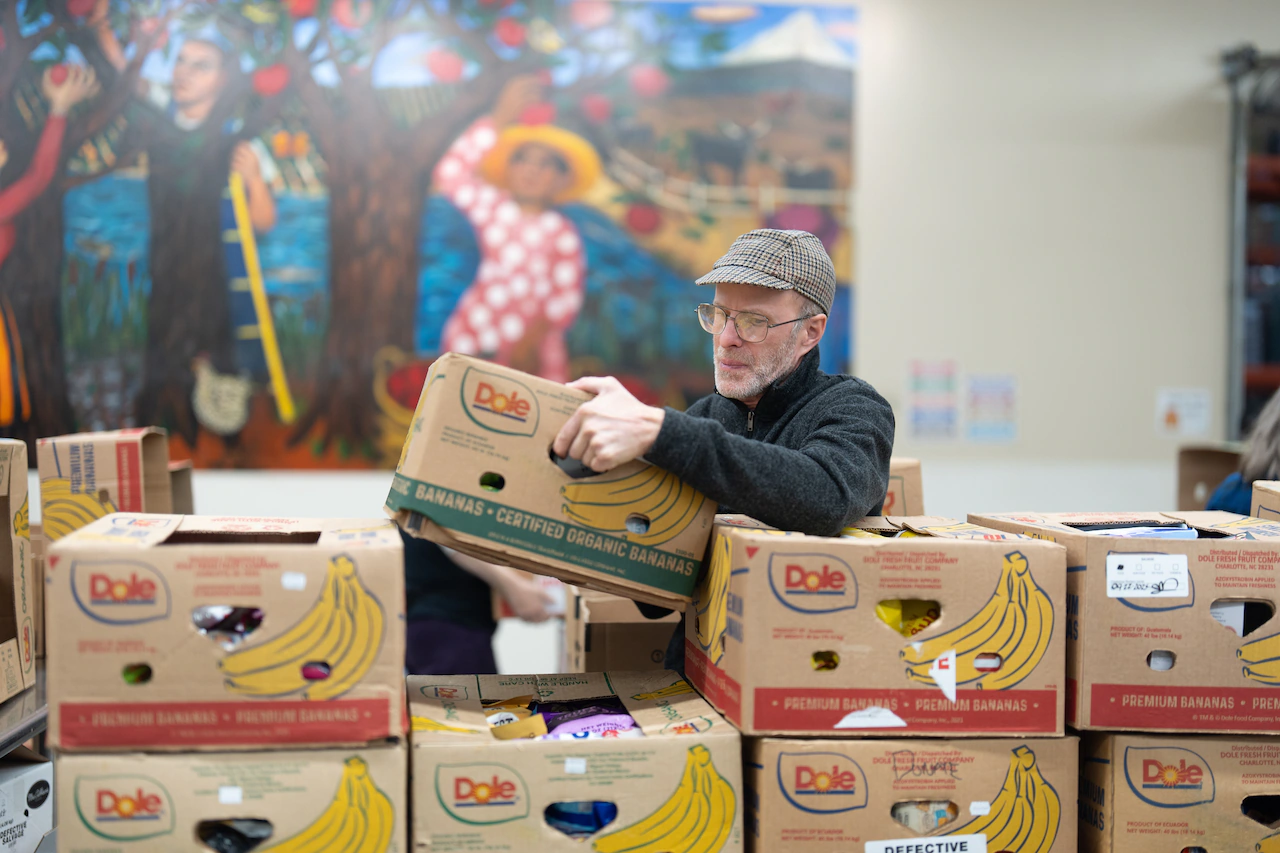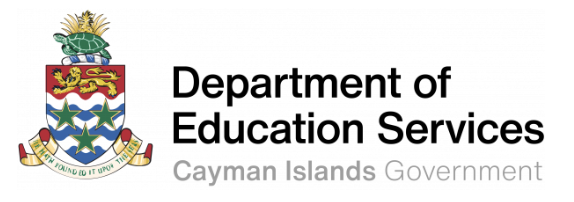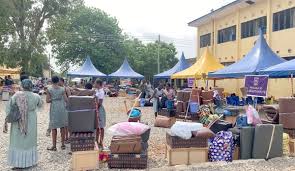Copyright The Oregonian

Organizations that help ensure food ends up on the tables of thousands of struggling Oregonians each day say they already faced extraordinary demand this year due to rising rents and food prices. Now the looming lapse in federal food assistance dollars for 757,000 state residents has magnified the dire situation — and they’re not equipped to keep everyone fed. In the face of a freeze to the Supplemental Nutrition Assistance Program, or SNAP, that is slated to occur Saturday, many large Oregon food aid organizations say they have no reserves to draw from, even with an influx of donations and $5 million in state aid pledged by Gov. Tina Kotek Wednesday. “It’s important to note: For every one meal food banks provide, SNAP provides nine,” Suleiman Amanzad, a spokesperson for the Oregon Food Bank, said in an email. “There is simply no way for food banks to replace this critical program.” The Oregon Food Bank, the largest food aid organization serving Oregon and Southwest Washington, recorded 2.5 million visits to its network of food assistance sites by people in need last year, a 31% increase from the previous year. “Oregon Food Bank and our statewide network are doing all we can to help but we are already stretched to the limit,” Amanzad said. “We are serving record numbers of people and any disruption to SNAP will bring even more people through our doors overnight.” Many food aid organizations say that, though funding is tight, they will try not to turn anyone in need away. At nonprofit Sunshine Division, which distributes food and clothing to Portland area residents in need, appointments to shop for free groceries at its food pantry at Southeast 124th and Stark Street are booked up for nearly two weeks. But the pantry still welcomes walk-ins, on a space-available basis. The pantry will also extend its hours starting Nov. 8. At Meals on Wheels People, which serves and delivers meals across the Portland-Vancouver area to people 60 and older, CEO Suzanne Washington said her organization is expecting a surge in older adults needing help. “A lot of people we don’t currently serve are able to get by with a little bit of SNAP money,” Washington said. “When that goes away, we anticipate people will need our services. Our intent is to feed them as long as we can, but we’re dependent on donations from the community.” The organization had planned on serving a million meals this year, but Washington now hopes to bump that up to 1.1 million, if community donations allow. “We’ve never had a wait list,” Washington said of the organization’s 54-year history. “We don’t want to have one now.” For younger members of the community, school districts are some of the most important providers of food to students in need. Many districts provide free breakfast and lunch to all students, paid by the federal government. In a typical school week, that accounts for 10 free meals of the 21 meals a child might eat in per week. Districts such as the Beaverton School District also have on-site afterschool supper programs at schools where at least half of students come from families with incomes at or below 185% of the federal poverty level. Some Oregon districts also work with community organizations and volunteers to donate food boxes for students to take home for their whole family or run food pantries at school sites. But Portland area school districts say they don’t have the money to boost those efforts. “We are incredibly concerned for our families who are in danger of losing access to their SNAP benefits,” Athena Vadnais, spokesperson for the Gresham-Barlow School District, said in an email. “We do not know of any funding source that would allow us to provide additional meals or food boxes.” On Thursday, Portland Public Schools emailed families a list of community resources they could turn to for help. In a bulletin this week, the Oregon Department of Education says school districts can’t use federal money designated for free student meals to send food to food banks or home with students. The Oregon Food Bank this week urged the public to help curtail the crisis not only by donating to it or one of the regional food banks in its network but also by lobbying for change by writing members of Congress or the USDA to release contingency funds that have been set aside to keep the food money flowing. Oregon is among 25 states that are suing the Trump administration to prevent the cutoff beginning Saturday, though the administration has said it can’t legally tap emergency reserves. A judge on Thursday appeared ready to order the administration to unleash emergency funds, but still could mean some SNAP recipients receive reduced benefits or delays in getting food money. The judge said she planned to rule soon.



